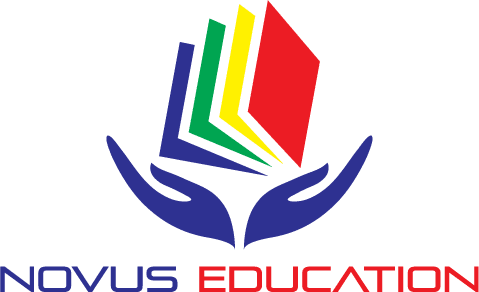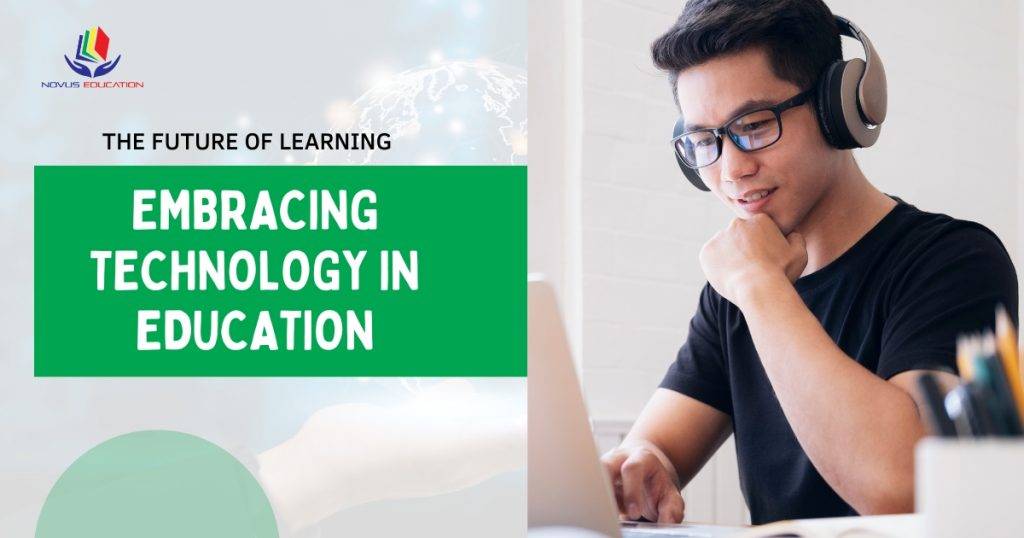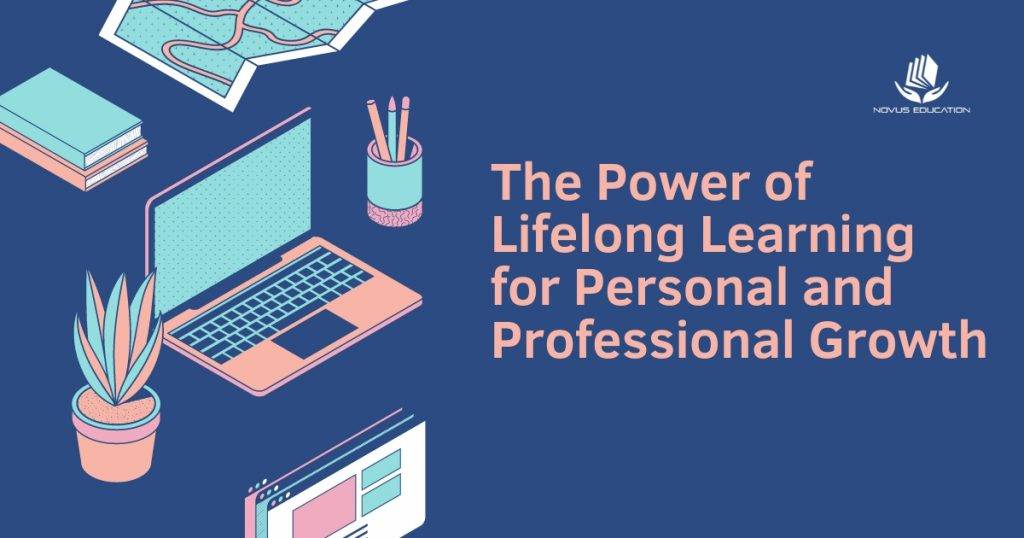Driven by the rapid advancement of technology, the world of education is undergoing a profound transformation. We are on the brink of a new era as conventional classrooms seamlessly transform into dynamic and interconnected learning environments. At Novus Education, our transition extends far beyond simply substituting chalkboards for interactive whiteboards; it encompasses a comprehensive revolution redefining the essence of disseminating, acquiring, and putting knowledge into practice. Welcome to the future of learning, where the synergy between education and technology is reshaping the landscape of human knowledge.
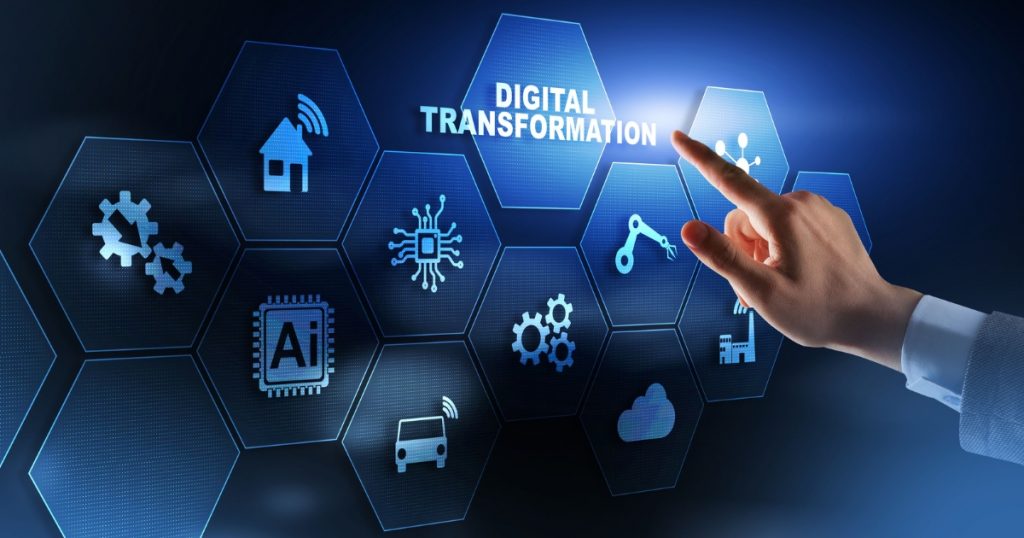
The Digital Metamorphosis
Once confined within four walls, the classroom has expanded its boundaries exponentially. With the advent of digital platforms, students can now access a wealth of information and educational resources from around the globe. E-books, online courses, and interactive simulations breathe life into subjects once bound by textbooks. Learners are no longer passive recipients of information; they are active participants in their educational journeys, empowered to explore and discover at their own pace.
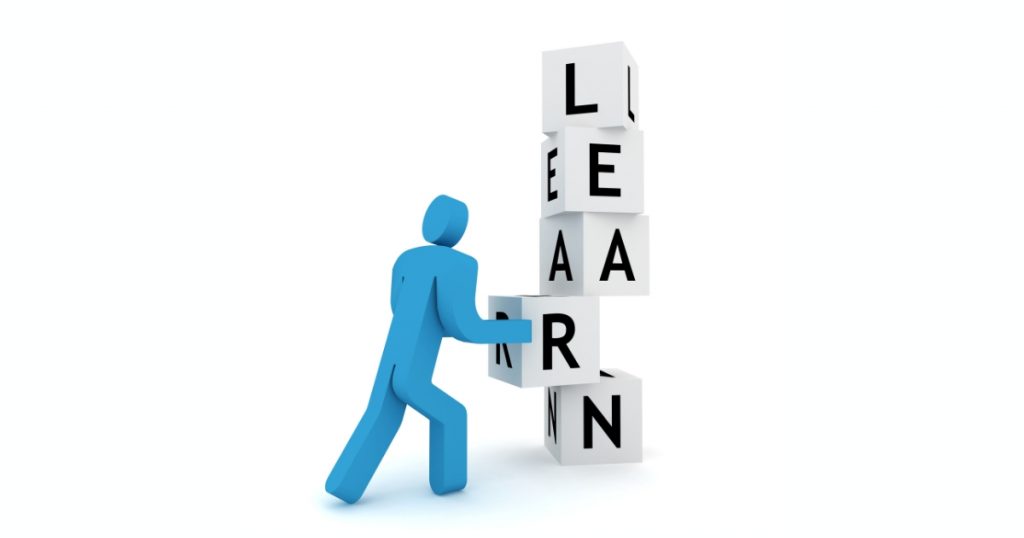
Personalised Learning: A Revolution Within
One-size-fits-all education is becoming a relic of the past. Technology enables the customisation of learning experiences to match individual student needs, preferences, and learning styles. Adaptive learning algorithms analyse student performance and tailor content to fill knowledge gaps, ensuring no student is left behind. Educators are transforming into learning facilitators, providing personalised guidance and support to nurture each student’s unique potential.
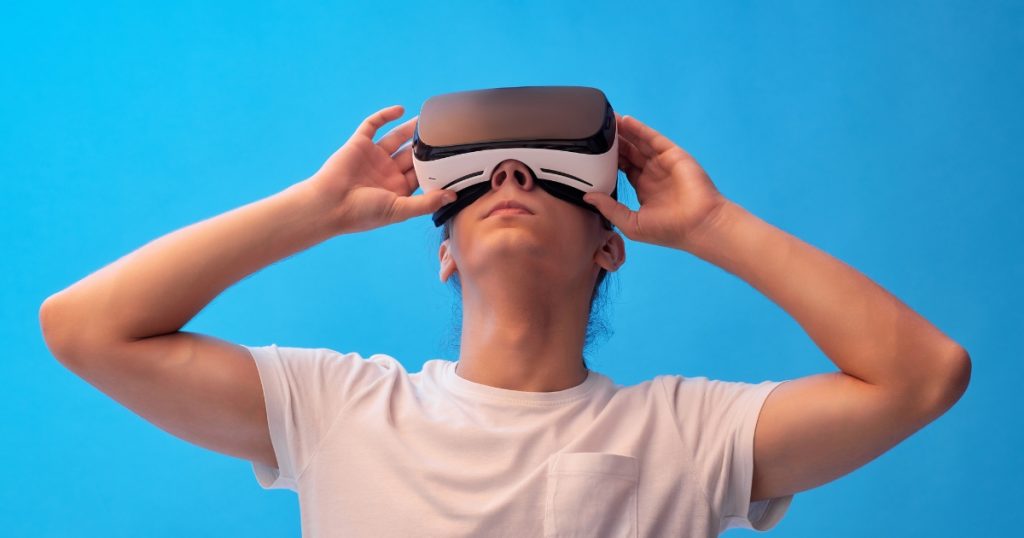
Virtual Realities, Tangible Impact
Virtual reality (VR) and augmented reality (AR) are bridging the gap between abstract concepts and tangible experiences. Imagine history lessons where students don VR headsets and are transported to ancient civilisations or chemistry experiments in a digital laboratory. These immersive technologies engage multiple senses, making learning informative and unforgettable.

Global Collaboration, Local Solutions
The interconnectedness of the digital world is breaking down geographical barriers, allowing students to collaborate on projects with peers from different continents. This global perspective cultivates cross-cultural understanding and equips students with essential skills for a diverse and interconnected workforce. As students work together to solve real-world challenges, they develop problem-solving abilities that will serve them well in their future careers.
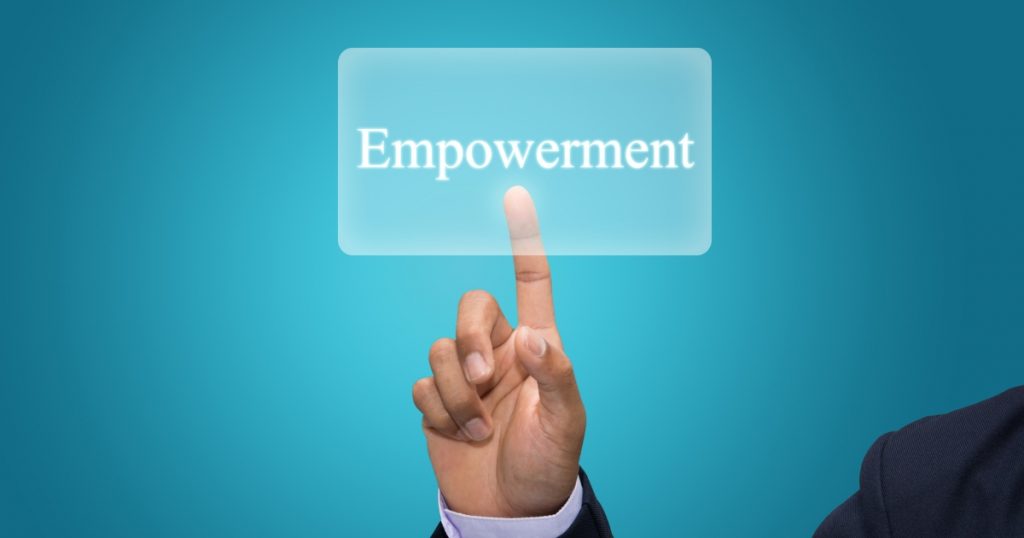
Teacher Empowerment: A Digital Facelift
Teachers are embracing technology as a powerful tool to enhance their teaching methodologies. Interactive presentations, multimedia content, and real-time assessments make lessons engaging and dynamic. This shift liberates educators from administrative tasks, enabling them to focus on what truly matters: inspiring and guiding students on their educational journey.

Challenges on the Horizon
While the future of learning is bright, it has its challenges. The digital divide remains a significant concern, as access to technology varies widely across regions and socioeconomic backgrounds. Moreover, the ethical use of data and ensuring online safety are critical issues that must be addressed to create a secure digital learning environment.
The future of learning is a captivating blend of human ingenuity and technological prowess. Integrating technology into education is not about replacing traditional methods but amplifying their impact and expanding their reach. Embracing technology in education heralds a new era of innovation, collaboration, and empowerment, where the pursuit of knowledge knows no bounds. As we navigate this transformative journey, one thing is sure: the future of learning is a future of endless possibilities. So, let us venture forth, hand in hand with technology, and shape the minds of tomorrow in the ever-evolving landscape of education.
